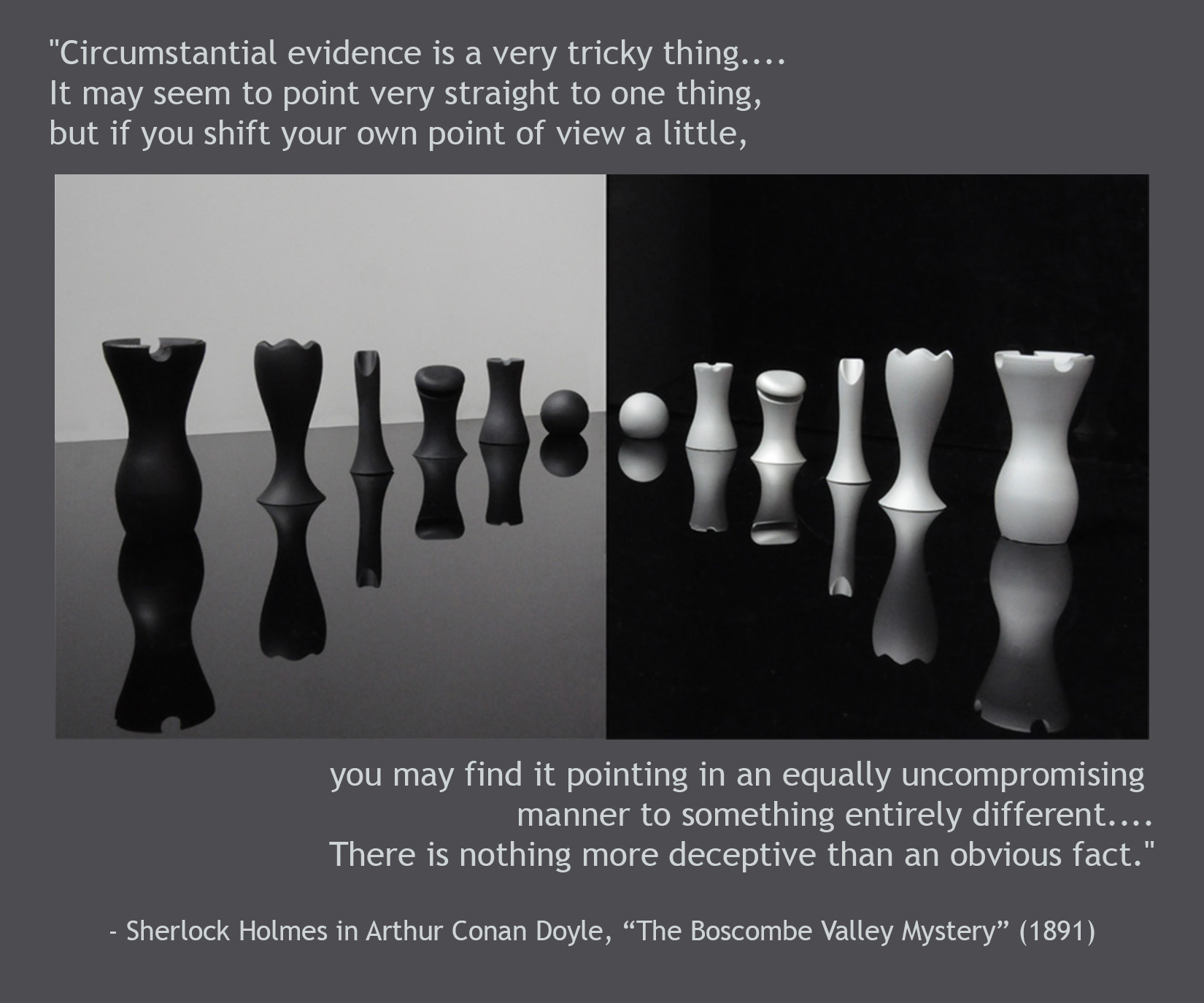
“What Justice Kennedy has undertaken in this initial statement of fact, or more properly, of data, that is to say, facts accepted for purposes of the argument…”
– Jonathan Z. Smith, “God Save This Honourable Court” (Relating Religion, p. 382)
While she was on our campus a few weeks ago, I noticed Monica Miller using the word “data” to refer to the things that she studied — things such as African American religion, scholars of African American religion, rap lyrics, and rap artists — and so I asked her a question or two about what she thought was entailed in that word and why she seemingly opted for it rather purposefully in both her public lecture, the evening before, and then during an informal lunchtime discussion with our students the next day. And then, just the other day, Leslie Smith posted on this site, using this four-lettered word in her post’s title — a use that did not go unnoticed by some on Facebook who soon were debating what was termed the dehumanizing effects of such objectifying terminology. (And now the Bulletin‘s blog has entered the debate as well.) Continue reading “Using Four-Lettered Words: Part Two”



 A few weeks back, I published a
A few weeks back, I published a 
 Q:
Q:  I am the parent of three children, two of whom are elementary school-aged. As such, I have now twice been handed an image of Christopher Columbus (not unlike the one featured above) that they each have dutifully colored, which appears to be a requisite kindergarten activity at our local public school. Because of the historical evidence that details Columbus’s systematic torture and murder of the peoples whose lands he colonized, I have always found this exercise something akin to coloring a picture of Saddam Hussein or some other such figure.
I am the parent of three children, two of whom are elementary school-aged. As such, I have now twice been handed an image of Christopher Columbus (not unlike the one featured above) that they each have dutifully colored, which appears to be a requisite kindergarten activity at our local public school. Because of the historical evidence that details Columbus’s systematic torture and murder of the peoples whose lands he colonized, I have always found this exercise something akin to coloring a picture of Saddam Hussein or some other such figure.  Read
Read  I have lived most of my life in various parts of what some have referred to as “fly-over country,” a term often used to describe the vast majority of the U.S. that lies between the coasts. As the name implies, the popular perception is that these places aren’t particularly worth a visit because they are thought to lack cultural diversity, professional opportunities, and are often considered to be the seedbeds of a tired but persistent traditionalism that denies the value of progressive thinking.
I have lived most of my life in various parts of what some have referred to as “fly-over country,” a term often used to describe the vast majority of the U.S. that lies between the coasts. As the name implies, the popular perception is that these places aren’t particularly worth a visit because they are thought to lack cultural diversity, professional opportunities, and are often considered to be the seedbeds of a tired but persistent traditionalism that denies the value of progressive thinking.  Photo credit: NPR
Photo credit: NPR